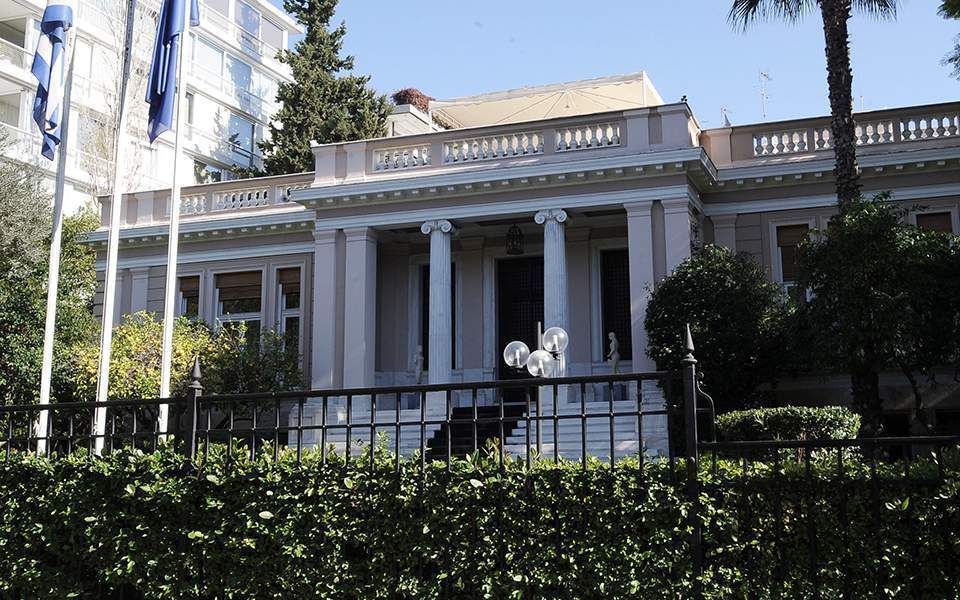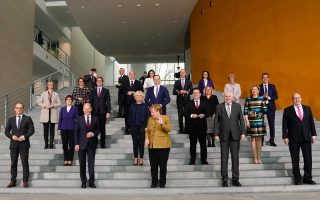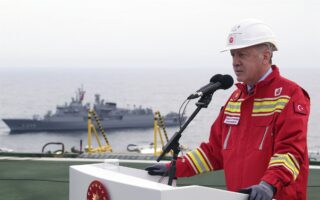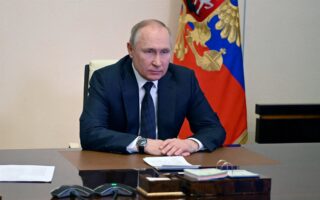Wiretapping and ‘national security’

From the archaic, much milder, concept of “listening in,” we are now in an era of the more aggressive-sounding “wiretapping,” an invasion of sorts. Etymological comparisons aside, it is clear that wiretapping is the comprehensive intent of state structures, both legal and those that are less so, to impose themselves on the private lives of citizens, overshadowing the Constitution itself.
The leader of opposition party PASOK-KINAL Nikos Androulakis and financial journalist Thanasis Koukakis are the two victims of wiretapping that we know about. In comparison, it is not known how many other names were lumped in lists as state surveillance expanded rapidly.
Calling upon a vaguely menacing threat to “national security” as a pretext, which helps neutralize any moral qualms, prosecutor orders to suspend privacy of communications rose 13% in comparison to 2020 and by 33% in comparison to 2019. In 2021 alone, over 15,475 applications to suspend privacy of communications were accepted. If we are called upon to accept that “somewhere out there” over 15,000 agents of foreign powers or asymmetrical warriors live and breathe among us, not to mention members of organized crime syndicates and neo-terrorists, we are essentially being told to panic.
Right now, the main issue at stake is not which political party will record electoral losses in the polls and which will benefit. What is at stake is a much more serious issue, literally a national one, and priorities should be completely different. It should be the joint shielding of our institutions, Parliament, justice, and the state itself. The trust of citizens in these bodies is seriously shaken by what has been revealed and how it has been handled. The cracks that appear may even evolve into breeding grounds for the shady “anti-establishment” forces that have already turned the internet into an incubator for their vulgarity.
On Monday, Prime Minister Kyriakos Mitsotakis, on the third day of the scandal, had a tremendous opportunity, or rather an obligation. To give a direct and forthright speech, honoring the etymological root of the word responsibility that he emphatically chose to focus on. This could only have crystallized into an honest “apology” to Androulakis and a brave rejection of the easy way out that is always offered by the answer, “I only know that I know nothing.”
Prime ministers should know this. They should also accept the political responsibility that this knowledge entails.





